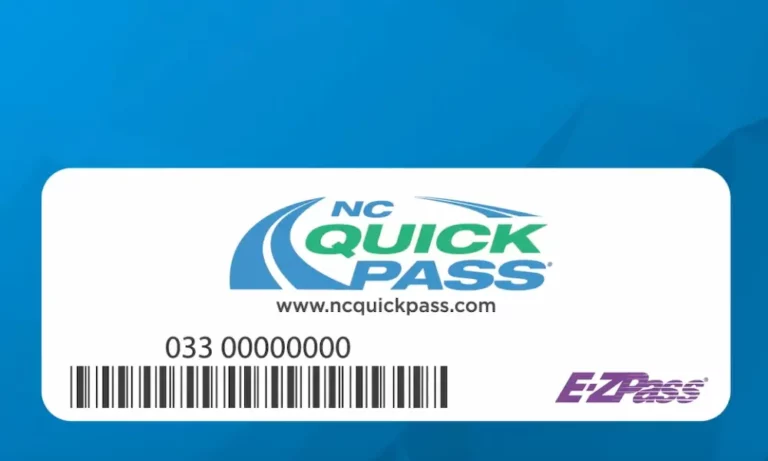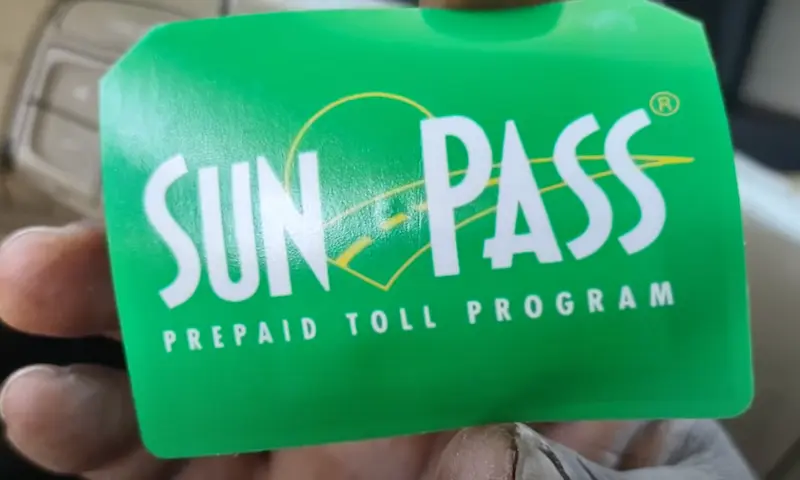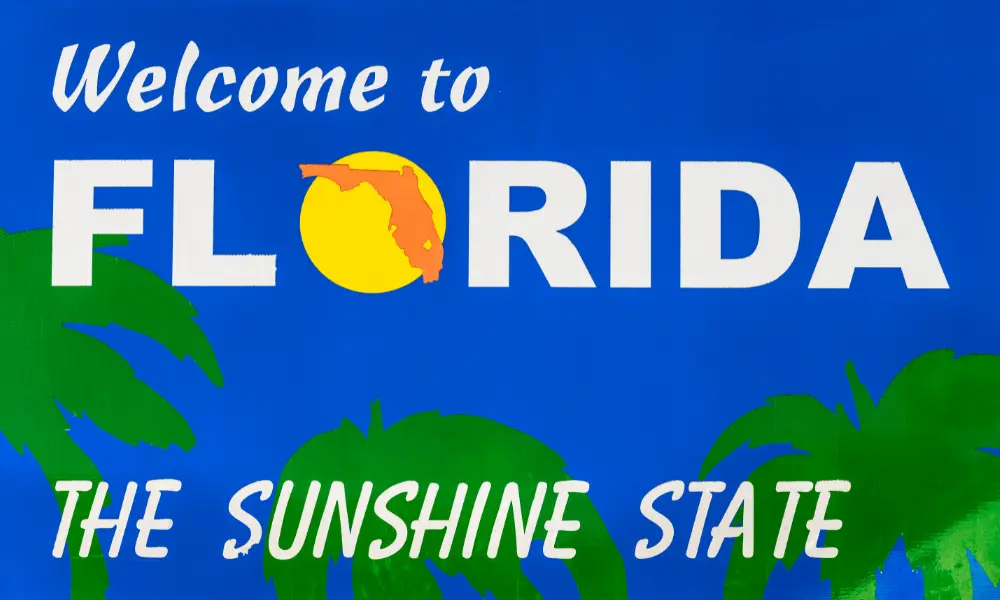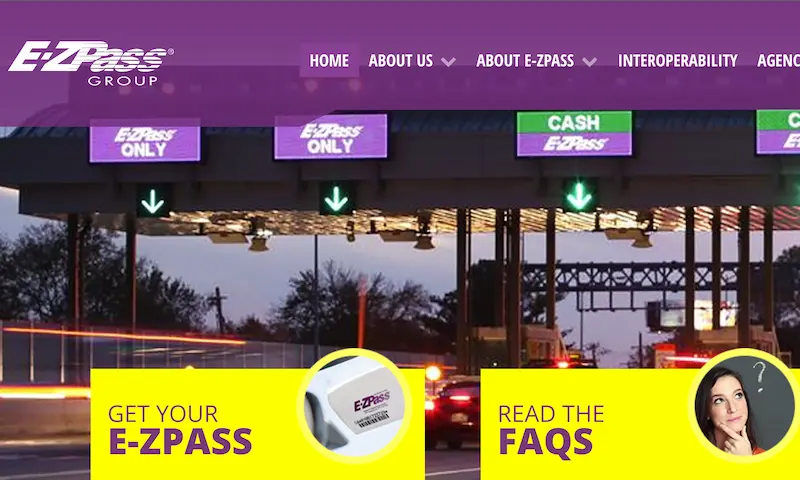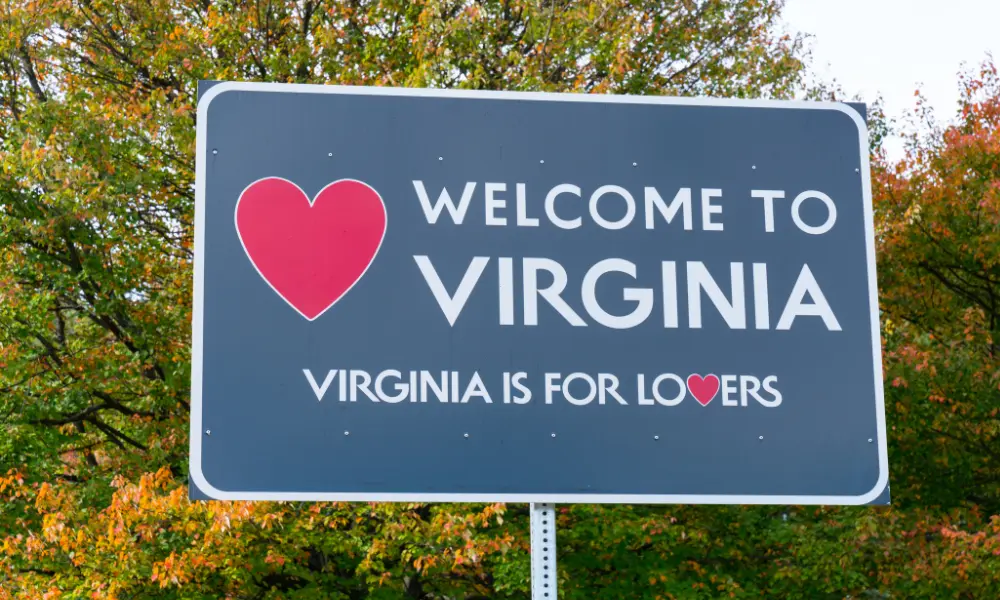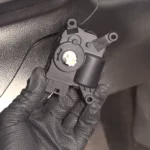You’ve just opened your NC Quick Pass statement and spotted charges that don’t look right. Maybe you weren’t even on that toll road, or perhaps you’re being billed twice for the same trip. Don’t worry — you can dispute these charges, but you need to act quickly and follow the right steps.
Understanding NC Quick Pass Dispute Timeframes
When it comes to disputing NC Quick Pass charges, timing is everything. You have exactly 30 days from receiving your statement to file a dispute. This strict window is outlined in Policy 300 of the NC Quick Pass business guidelines and appears on their official dispute forms.
Miss this deadline and you’ll face automatic liability — which can lead to vehicle registration blocks and even negative impacts on your credit. The clock starts ticking as soon as that statement arrives in your mailbox or inbox, so don’t put it off.
How to File an NC Quick Pass Dispute
Step 1: Gather Your Evidence
Before submitting anything, collect all evidence supporting your case:
- Your original NC Quick Pass statement (with disputed charges highlighted)
- Photos of your license plate (if there’s a misread)
- GPS data showing you weren’t in the area
- Receipts proving you were elsewhere
- Transponder information if claiming a malfunction
Strong evidence makes a huge difference. A study of successful disputes shows that those with photographic evidence have a 70% higher success rate than those without supporting documentation.
Step 2: Complete the Official Dispute Form
You’ll need to complete Form NCTA-1145, also known as the “Toll Dispute: Informal Review Request” form. This form is available on the NC Quick Pass website and requires:
- Your account information
- Specific transaction details for each disputed charge
- Toll zone identifiers and timestamps
- A clear explanation of why you’re disputing the charge
Be extremely detailed in your explanation. The form has specific sections for each type of dispute, so make sure you complete all relevant fields.
Step 3: Submit Your Dispute
You can submit your dispute in several ways:
- Online: Upload through their secure portal
- Email: Send to the designated dispute email address
- Mail: Send physical copies to their processing center
- In-person: Visit a customer service center
If submitting electronically, follow their current security protocols. Since 2024, NC Quick Pass requires AES-256 encryption for emailed materials, making in-person filing increasingly popular.
Common NC Quick Pass Dispute Reasons and Success Rates
Understanding why disputes succeed or fail can help you build a stronger case. Here’s a breakdown of common dispute reasons and their success rates:
| Dispute Reason | Success Rate | Required Evidence |
|---|---|---|
| License plate misread | 68% | Clear photos of your plate, proof of different vehicle model |
| Transponder malfunction | 52% | Account records, test results from transponder check |
| Duplicate billing | 89% | Statement showing multiple charges for same timestamp/location |
| Vehicle sold/stolen | 74% | Bill of sale, police report, transfer documentation |
| Emergency vehicle exemption | 91% | Proof of first responder status, emergency call logs |
Special Case: First Responder Exemptions
If you’re a first responder, North Carolina offers specific exemptions under the First Responder Plan detailed in Policy 2.2.7. To qualify:
- Your emergency service vehicle must operate within ten miles of a toll facility
- You must submit vehicle registration proofs matching your emergency fleet
- For disputed emergency tolls, you’ll need supervisor attestations and call logs
These exemptions apply only to actual emergency responses, not routine commutes in marked vehicles. Make sure to use the specialized First Responder Toll Dispute form rather than the standard dispute form.
Out-of-State Transponder Issues: E-ZPass and Beyond
Using an E-ZPass or other out-of-state transponder with NC Quick Pass? Interoperability problems are common and frustrating. Issues typically include:
- Transponder not reading at certain gantries
- Conflicting technical standards between systems
- Charges applying despite valid transponder use
When disputing interoperability issues, document exactly when and where the problem occurred. Unfortunately, you might face “toll limbo” where both states refer you to each other. Persist and escalate if needed, as these disputes often require additional review.
Warning: Growing NC Quick Pass Text Scams
Be extremely cautious of text messages claiming to be from NC Quick Pass. There’s been a 400% increase in “smishing” scams since 2024, with fraudsters using sophisticated techniques to steal your information and money.
Legitimate NC Quick Pass communications will never:
- Ask you to click suspicious links
- Demand immediate payment via gift cards
- Threaten immediate legal action via text
- Request personal information through text messages
If you receive suspicious texts about toll payments, report them to the NC Department of Justice immediately. Never click links in these messages or provide any personal information.
Common NC Quick Pass System Errors to Watch For
The NC toll system has known technical issues that generate false charges. Being aware of these can strengthen your dispute:
- License plate character confusion: The system frequently confuses similar characters (like “B” and “8” or “O” and “0”)
- Time synchronization errors: Gaps between transponder and gantry clocks can create erroneous charges
- Batch processing delays: Some users receive notices 60+ days after travel, creating confusion
These system-level issues have been documented in audits and can form the basis of successful disputes. Reference these known issues if they apply to your situation.
How to Strengthen Your NC Quick Pass Dispute
These proven strategies boost your chances of a successful dispute:
Document Everything
- Keep a toll travel log with dates, times, and routes
- Take photos of your toll transponder installation
- Save all receipts and statements
- Screenshot payment confirmations immediately
Follow Up Properly
- Note your dispute confirmation number
- Call after 10 business days if you haven’t received a response
- Keep copies of all correspondence
- Request supervisor review if denied initially
Know the Escalation Path
If your informal dispute is denied, you have the right to request a formal review through the Office of Administrative Hearings under Chapter 150B of NC General Statutes. This step involves more legal formality but provides additional due process.
Preventing Future NC Quick Pass Problems
Take these steps to minimize future disputes:
- Test your transponder regularly using their validation stations
- Ensure proper mounting in the designated windshield area
- Sign up for transaction alerts to catch issues early
- Update vehicle and license plate information promptly
If you change vehicles, get a new license plate, or move, update your NC Quick Pass account immediately to prevent mismatches.
The Most Successful Dispute Strategies
Based on analysis of thousands of disputes, these approaches yield the best results:
- Be precise and factual: Emotional appeals are less effective than factual evidence
- Submit within 15 days: Earlier disputes have higher success rates than those filed near the 30-day deadline
- Include visual evidence: Photos, screenshots, and maps dramatically improve outcomes
- Follow the exact format: Complete every section of the dispute form precisely
- Cite specific policies: Reference NC Quick Pass policies that support your case
Real-World Dispute Example: The Case of the Phantom Toll
A Raleigh driver received charges for seven toll passages on I-540 despite being out of state that week. His dispute included:
- Hotel receipts from Florida proving his location
- Photos of his vehicle in his Florida hotel parking lot
- Airline boarding passes covering the disputed dates
- A signed affidavit from his traveling companion
The dispute succeeded because he provided multiple evidence types and filed within 10 days of receiving the statement.
Technology Tools for NC Quick Pass Disputes
These digital tools can help strengthen your case:
- GPS history apps: Extract location data from Google Maps Timeline or similar services
- Transponder test apps: Use NFC validation apps to verify your transponder functions
- Document scanners: Create clear, professional-looking evidence files
- Secure email services: Ensure your dispute submissions meet security requirements
Handling Administrative Errors vs. Technical Malfunctions
Different types of errors require different dispute approaches:
Administrative Errors
These include billing mistakes, account confusion, or data entry problems. Focus on:
- Account information discrepancies
- Duplicate billing evidence
- Proof of prior payments
Technical Malfunctions
These involve equipment failures, transponder issues, or system glitches. Focus on:
- Transponder test results
- Pattern evidence (same error repeatedly)
- Technical documentation of known issues
Clearly identifying which type of problem you’re experiencing helps direct your dispute to the right department.
What Happens After You Submit a Dispute
After submitting your NC Quick Pass dispute, here’s what to expect:
- You’ll receive a confirmation number (keep this safe!)
- Initial reviews typically take 10-15 business days
- You may be contacted for additional information
- The outcome will be communicated by mail or email
If your dispute is successful, you’ll see credits applied to your account or receive a refund. If unsuccessful, you’ll receive an explanation and information about further appeal options.
Remember, NC Quick Pass must respond to all formal disputes, but the 30-day filing deadline is non-negotiable. Act quickly, document thoroughly, and persist through the process to protect your rights as a toll road user.

